Is the world ready for the next pandemic?
Focused Solutions
PROUDLY HOSTED BY
SESSION RECORDING
This session highlighted the ongoing challenges for global pandemic preparedness, emphasising that there are persisting gaps in capacity within and between countries. Although there were many success stories that emerged from COVID-19 experience (namely, vaccine development and exemplar public health responses in countries such as South Korea and Singapore), there is an urgent need for strengthened political leadership and global health instruments to ensure timely and equitable future responses. A pandemic framework agreement (or treaty) and revised International Health Regulations will go partway to facilitating greater transparency and effective coordination in disease control efforts.
SESSION SUMMARY
Brendan Crabb
Director and CEO, Burnet Institute, Co-Head, Malaria Virulence and Drug Discovery Group, Burnet Institute; Chair Australian Global Health Alliance; Chair Pacific Friends of Global Health
SESSION CHAIR
Helen Clark
Former Prime Minister of New Zealand, and Former Administrator of the United Nations Development Programme
Rolf Apweiler
Director, European Molecular Biology Laboratory-European Bioinformatics Institute
Allen Cheng
Director, Monash Infectious Diseases, Monash Health, Australia
Jodie McVernon
Professor and Director of Doherty Epidemiology, The Peter Doherty Institute for Infection and Immunity, Australia
Michael Baker
Professor, Department of Public Health, University of Otago, Wellington, Aotearoa New Zealand
Chang-Chuan Chan
Distinguished Professor, Global Health Program, College of Public Health, National Taiwan University
Arabella Koliwan
Director - Clinical Systems, Emergency Physician, St Johns Ambulance, Papua New Guinea
INVITED SPEAKERS


